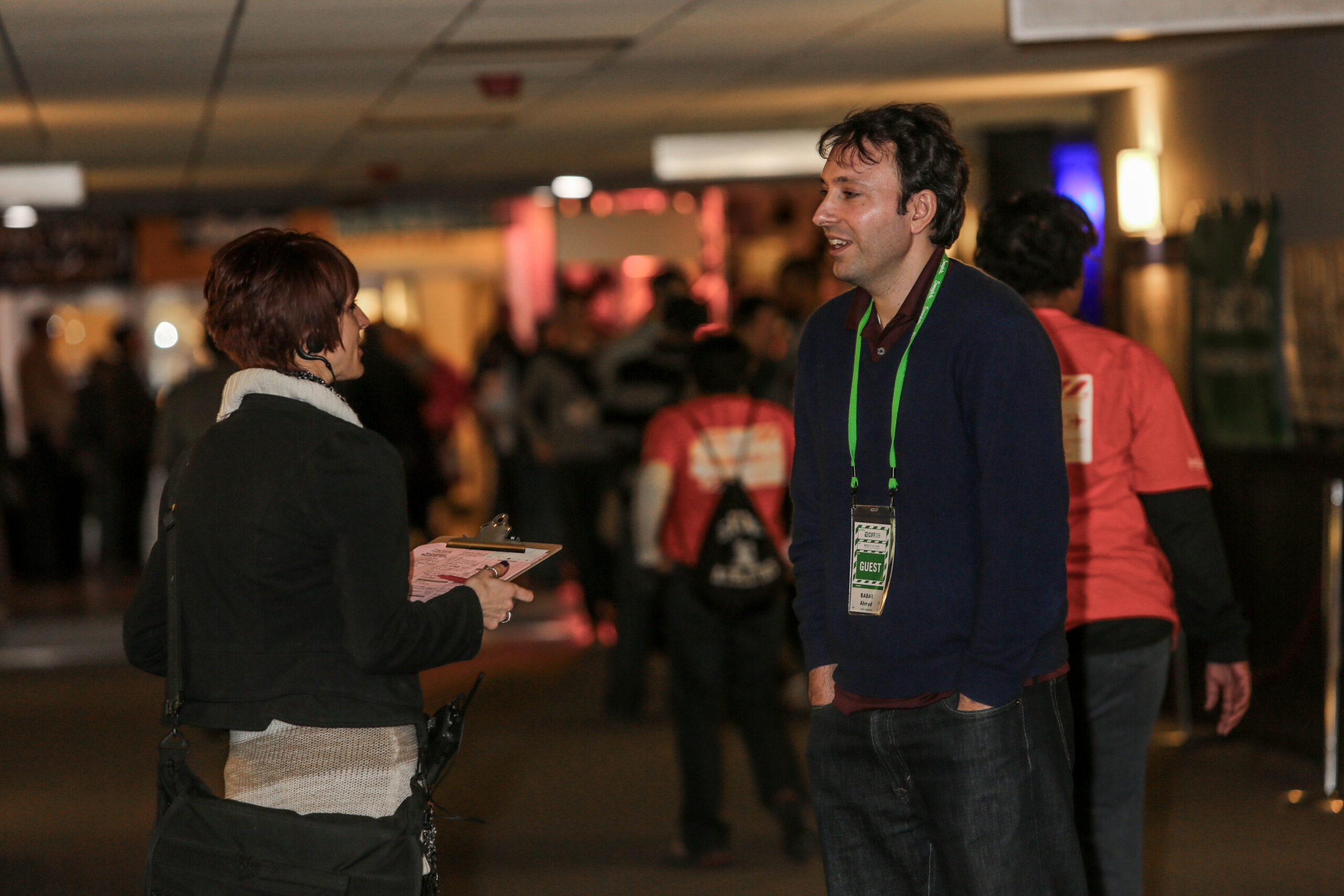
NYFA: What is your personal background and how did you get your start in filmmaking?
Babar Ahmed: During a summer break I decided to pursue a hobby I once had at high school. So I went to the New York Film Academy in New York for a three month directing course. Inspired by the teachers and how they felt towards their work I decided to spend three more months pursuing filmmaking. Three months turned into three years and three years turned into over a decade.
NYFA: How did the international student body at NYFA affect or inspire the way you approach film?
BA: With NYFA I truly felt like I was in a diverse cultural and social environment. Other than being international, some students were much older than me, some were much younger than me. Some students were from artistic backgrounds, some were from academic backgrounds, some were rebels, and some were more conventional. Students had different goals, different priorities, a different dress sense, and yet everyone was firmly connected by a passion to make films. I had never been in such a diverse environment in my life nor in an environment where there was genuine passion towards something, regardless of the monetary benefits involved.
NYFA: What in particular about the course you took at NYFA has stuck with you?
BA: I had not really heard too much about NYFA before I started the course and I was a little bit skeptical at first. So I came with no expectations. But on the first day I remember our teacher talking about why making films is meaningful and then reciting a quote from Hamlet. The passionate way in which he recited those lines gave me chills. I remember sitting at the back of the class motionless like someone was at that moment lifting a veil from over my eyes. “There are more things in Heaven and Earth, Horatio, than are dreamt of in your philosophy.”
NYFA: What themes do you find yourself returning to in your films? What subjects and themes inspired the story that became your most recent film Amka and the Three Golden Rules?
BA: Generally the themes are about each person on this planet having a purpose, whether it is in a stranger’s life or in a friend or family member’s life.
For AMKA the credit for the movie certainly goes to many people involved with the project: from the great economist and singer Rogier van den Brink to a lady who has dedicated her life to helping children Susan Griffeth to our local crew and actors. I felt that the intentions of the entire team were sincere in trying to tell an authentic and meaningful story. And those intentions took us a long way.
NYFA: As a writer and director, what advice would you give to aspiring filmmakers who wish to excel at both disciplines?
BA: I know that others can list one hundred reasons why you shouldn’t or couldn’t write your story or direct your film. But you just need one reason why you should and you can. And that is all you need.
Don’t wait to be discovered. No matter how talented or brilliant you are no one is going to come knocking on your door. If you want it then go and get it. I feel like that is the essence of what NYFA taught me.
Specifically for writing, it can be easy to lock yourself in a room and get lost in a world thinking about plot points and character arcs. It could be equally useful however, to also be actively involved with writing groups where you would meet other writers who will give you support and can share their experiences.
For directors I feel it is important to start by knowing what a director does. The primary responsibility of a director is to get good performances out of your cast. And that is probably the most important and most difficult part of making a movie. I feel that if you can get consistently good performances out of your cast then you’ve won your battle.
NYFA: Do you have any parting words of advice for NYFA students and aspiring filmmakers?
BA: Just do it.